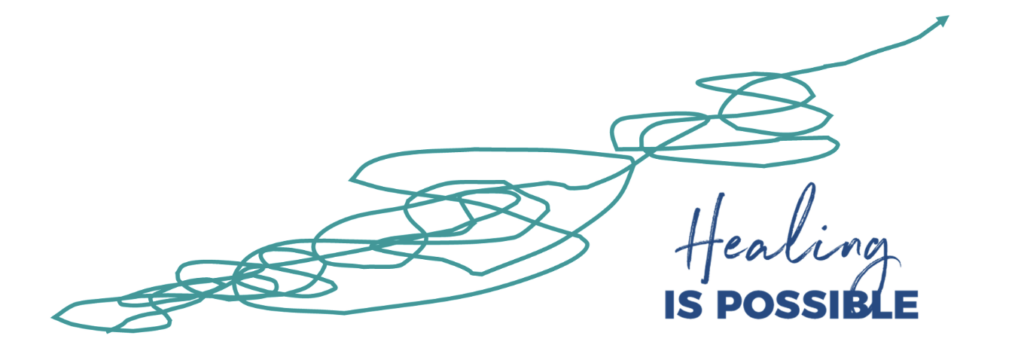What is trauma recovery?
What is Trauma Recovery?
What is "Trauma Recovery?"TraumaRecovery is a process (journey) of holistic recovery after a traumatic experience in physical, mental, emotional, social, and spiritual aspects. This includes not only the aspects visible to others, but also internal changes, such as understanding and accepting the trauma, making meaning in life, and integrating into one's identity.

Over the past nine years, we have conducted interviews with over 300 survivors of gender-based violence, including intimate partner violence, sexual violence, and child abuse, as well as surveys with more than 2,000 individuals around the world.
Our research has shown that even after experiencing life-threatening trauma, people can re-find a sense of self and happiness through connections with others and support from society. In other words, trauma recovery is possible.
Furthermore, we have found that the journey of trauma recovery has the following characteristics:
Trauma recovery is
Not a flat road.
(Non-linear)
Holistic
(Holistic)
Narrative Story
(Narrative story)
Diverse
(Diverse)
Long journey
(Long journey)

Major research achievements on trauma recovery] *Members of the Institute are underlined.
- Kita S, Zong Z, Koutra, K, Sorsa, M, Bryngeirsdóttir HS, Thorvaldsdottir KB, Sinko L, Saint Arnault D. (2024). Cultural influences on trauma recovery after gender-based violence: Multiple-country structural equation modeling. Transcultural Psychiatry. (in press)
- Sinko L, Sorsa M, Beardmore L, Thorvaldsdottir KB4, Bryngeirsdóttir HS, Kita S, Koutra K, Zonp Z, Rodelli M, Kylmä J, Ikeda M, Saint Arnault D. (2024). Global voices of trauma recovery: A synthesis of survivor-provided advice for overcoming gender-based violence across 7 countries. Qualitative Health Research. (in press)
- Kita S, Sinko L, Koutra K, Saint Arnault D. (2024). Development of the Self-Assessment for Trauma Recovery Tool (START) for Survivors of Gender-based Violence: Classification using Latent Class Analysis. Psychology of Violence. https://doi.org/10.1037/vio0000508 (Ahead of print)
- Sinko L, Kita S, Saint Arnault D. (2024). Establishing a Cutoff Score for the Healing After Gender-based Violence Scale (GBV-Heal): A Brief Report, Journal of Family Violence. https://doi.org/10.1007/s10896-024-00726-8 (Ahead of print)
- Kita S, Zeynep O, Saint Arnault D. (2023). Initial testing of components of the Cultural Determinants of Trauma Recovery (CDTR) Theory among American gender-based violence survivors: Structural Equation Modeling. Journal of Advanced Nursing, 79(4), 1476-1492.
- Kita S, Morita K, Watanabe H, Michihata N, Morisaki M, Yamaji N, Ikeda M, Yasunaga H. (2024). Suicide attempt and self-harm among children in Japan: A nationwide inpatient database study. Global Health & Medicine. https://doi.org/10.35772/ghm.2024.01052
- Kita S, Kamibeppu K, Saint Arnault D. (2022). ”Knitting together the lines broken apart”: Recovery process to integration among Japanese survivors of intimate partner violence. International Journal of Environmental Research and Public Health, 30, 19(19), 12504.
- Koutra K, Burns C, Sinko L,Kita S, Bilgin H, Saint Arnault D. (2022). Trauma recovery rubric: A mixed-method analysis of trauma recovery stages in four countries. International Journal of Environmental Research and Public Health, 19, 10310.
- Sinko L, Burns CJ, O’Halloran S, Saint Arnault D. (2021). Trauma Recovery Is Cultural: Understanding Shared and Different Healing Themes in Irish and American Survivors of Gender-based Violence. J Interpers Violence, 36(13-14), pp. NP7765-NP7790.
